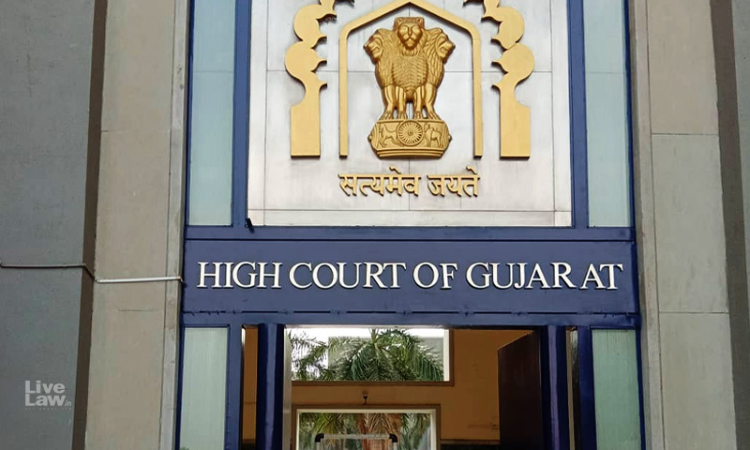Caste Certificate Issued By Taluka Development Officer Is Valid, Not Violative Of Gujarat SC/ST Act 2018: High Court Dismisses PIL
PRIYANKA PREET
11 March 2022 6:00 PM IST

Next Story
11 March 2022 6:00 PM IST
The Gujarat High Court recently dismissed a PIL challenging a government order which permitted Taluka Development Officer, who is an officer under the Panchayat Department, to issue caste certificates under the Gujarat Scheduled Castes and Scheduled Tribes and other Backward Classes (Regulations of Issuance and Verification of Caste Certificates) Act, 2018.The petitioner-Trust had challenged...
